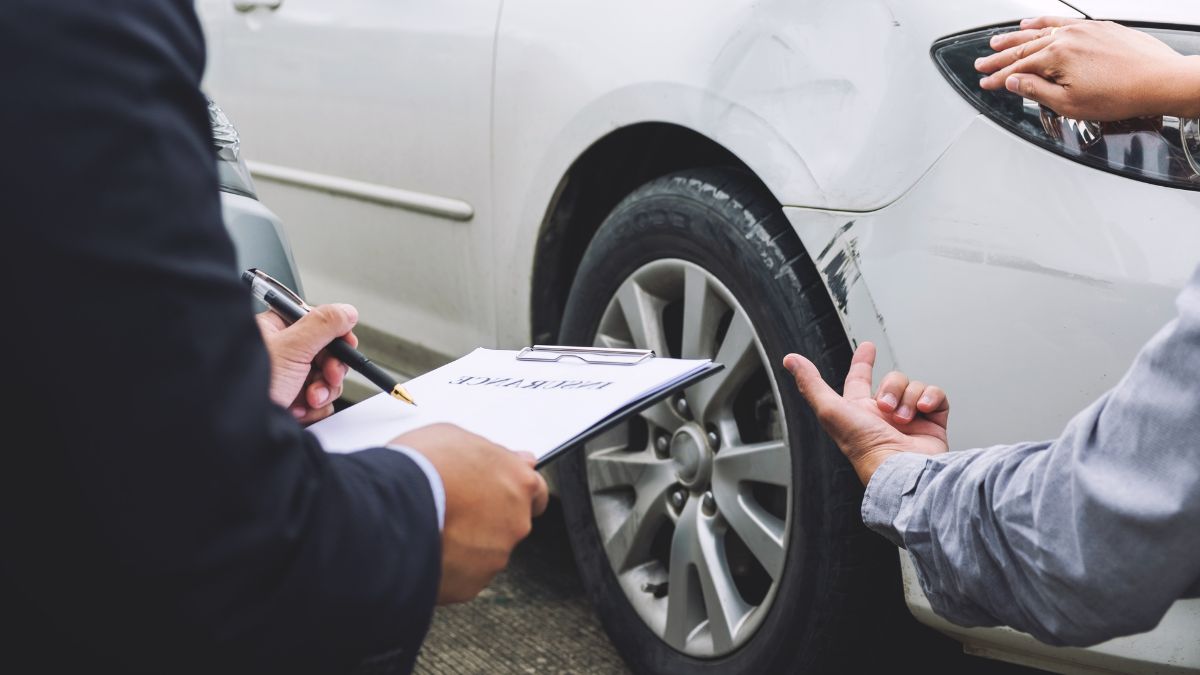Car insurance isn’t just a legal requirement in Kenya — it’s your financial safety net when things go wrong. Whether you’re a first-time car owner or just trying to understand what all those terms in your insurance policy mean, this guide is here to break it down in simple language.
Let’s get started.
Why You Need Car Insurance in Kenya
Imagine getting into a fender-bender in Nairobi traffic, or worse, your car gets stolen. Without insurance, you’re paying out of pocket. With the right cover, you’re covered. In Kenya, car insurance isn’t optional — it’s mandatory.
By law, every vehicle on Kenyan roads must have at least Third Party Insurance. But many drivers opt for more comprehensive covers for extra peace of mind.
Types of Car Insurance Covers in Kenya
Understanding the types of car insurance is key to choosing what’s right for your budget and needs.
1. Third Party Only (TPO)
- What it covers: Damages and injuries to other people, vehicles or property.
- What it doesn’t: Your own vehicle’s damage or loss.
- Ideal for: Older or low-value cars.
2. Third Party, Fire & Theft (TPFT)
- Adds fire damage and car theft.
- Still doesn’t cover accident damage to your car.
- Great middle ground if you want basic extra protection.
3. Comprehensive Cover
- Covers everything in TPO & TPFT plus:
- Accident damage to your car
- Vandalism
- Natural disasters (floods, etc.)
- Best for newer, high-value or financed vehicles.
What Affects Your Insurance Cost?
Insurance premiums in Kenya can vary based on:
- Type of cover (comprehensive costs more)
- Car make and model (luxury = higher premium)
- Age of the car
- Your driving history
- Location (e.g. Nairobi vs rural towns)
- Use – private vs commercial vehicles
Tip: Always ask for multiple quotes from different insurers before committing.
What’s Usually Required to Get Insured?
To purchase car insurance in Kenya, most insurers ask for:
- Copy of logbook or sale agreement
- National ID / Certificate of Incorporation
- KRA PIN
- Valuation report (for comprehensive)
- Inspection report (in some cases)
Some insurers also offer digital onboarding through apps or their websites.
What Car Insurance Doesn’t Cover
Even comprehensive cover has its limits. Most insurance policies do not cover:
- Driving under the influence
- Unlicensed drivers
- War or terrorism-related damage
- Mechanical breakdowns (unless you add on roadside assistance)
- Personal belongings left in the car
Always read the terms and conditions to know the exclusions.
Smart Tips When Choosing a Car Insurance Provider
- ✅ Choose registered and reputable companies (ask around or check IRA Kenya website)
- ✅ Check how quickly they process claims
- ✅ Ask about add-ons like roadside assistance, towing or courtesy cars
- ✅ Make sure the policy is clear on deductibles (the amount you pay out-of-pocket)
How to File a Claim in Kenya
If you get into an accident:
- Call your insurer immediately
- Report to the nearest police station
- Take photos and get witness statements if possible
- Fill out a claim form
- Wait for assessment and payout (timeframes vary)
Conclusion
Car insurance in Kenya doesn’t have to be complicated. Knowing the basics — and what to look out for — can save you time, money and stress. Choose a plan that suits your car’s value, your budget and how you use your vehicle. And remember, the cheapest cover isn’t always the best.
So next time you hit the road, make sure you’re not just driving — you’re covered.
